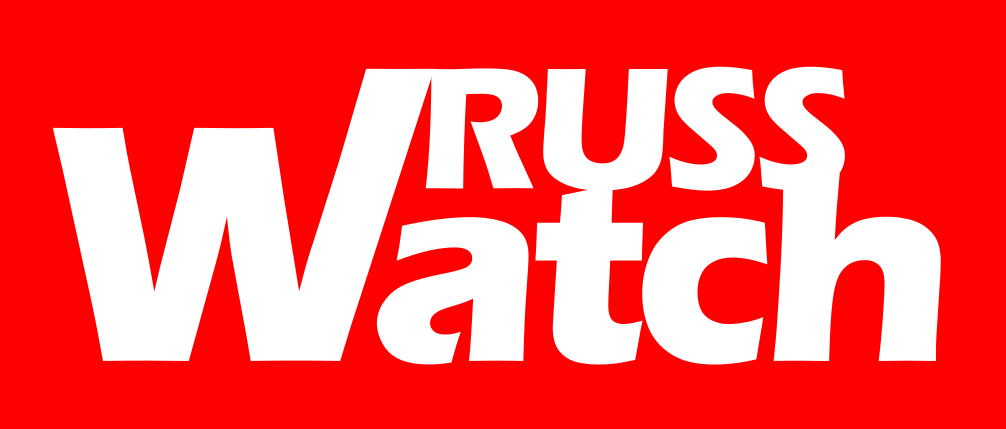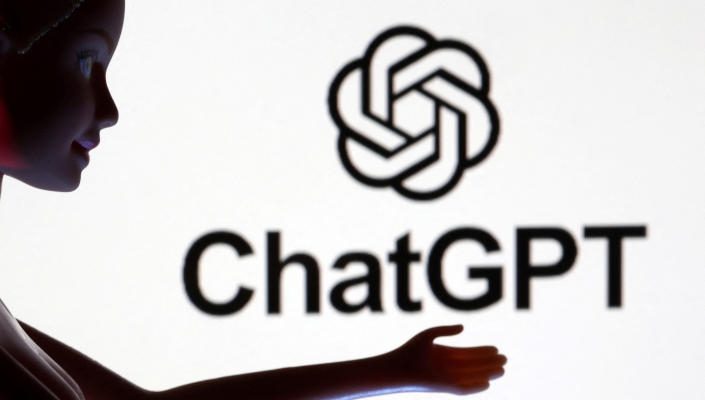ChatGPT is beginning to take market share from online learning platform Chegg (CHGG), Chegg executives conceded on an earnings call Monday evening.
“In the first part of the year, we saw no noticeable impact from ChatGPT on our new account growth and we were meeting expectations on new sign-ups,” Dan Rosensweig, Chegg CEO said on Monday. “However, since March we have seen a significant spike in student interest in ChatGPT. We now believe it’s having an impact on our new customer growth rate.”
Shares of Chegg tanked on the news, falling 45% at the market open Tuesday.The comment was a part of Rosenweig’s prepared remarks. The topic became the focus of an earnings call that mentioned ChatGPT more than 20 times.
The chatbot launched by OpenAI on Nov. 30 has been one of several factors weighing on Chegg stock over the past few months. Chegg’s tried to reconcile by joining forces with OpenAI to launch “CheggMate,” a chatbot created with OpenAI’s GPT-4 technology.
But the company hasn’t launched a beta version yet, and noted on Monday that there won’t be a clear picture of how Cheggmate is performing until at least the fall if not 2024.
In the first quarter, Chegg reported revenue of $187.6 million, down 7% from last year. The company also saw year-over-year declines in profit and subscription services revenue. Chegg projects all three of those categories will decline on a yearly basis in the second quarter as well.
When asked on the earnings call, if Chegg’s issues could 100% be blamed on ChatGPT or if something else was at play, Rosensweig noted that the quarter was on track with the company’s goals until March.
“So the variable that changes was the launch of (GPT-4).”
The comment was a part of Rosensweig’s prepared remarks. While the topic wasn’t initially prompted by Wall Street analysts, it became the focus of an earnings call that mentioned ChatGPT, a product owned by another company, more than 20 times.
“This is not a sky’s falling thing,” Rosensweig said. “It’s just an acknowledgement that there’s been a technological shift. And we need to prepare for it and adjust our company and go after it aggressively and adjust our cost structure to do so.”
Multiple Wall Street analysts slashed their price target on the stock in reaction to Chegg’s commentary on Monday.
Jefferies analyst Brent Thill had been bullish on the stock since 2019. But with what Thill describes as “no growth and existential fears from A.I.,” he downgraded Chegg to Hold from Buy in a new note to clients on Tuesday morning. He also slashed his price target from $25 to $11, reflecting nearly 40% downside from where Chegg shares closed prior to earnings.
Chegg management failed to make clear when the company’s A.I. strategy will be available to all customers and how the company plans to monetize that strategy longterm, per Thill. Therefore, without a strong second source of revenue, the popularity of ChatGPT among students could spread like wildfire on campuses just as Chegg’s product once exploded in popularity.
“We are concerned that CHGG’s core business is highly exposed to AI, driving fears that CHGG’s core offering could become extinct as consumers experiment with free AI tools,” Thill wrote.




